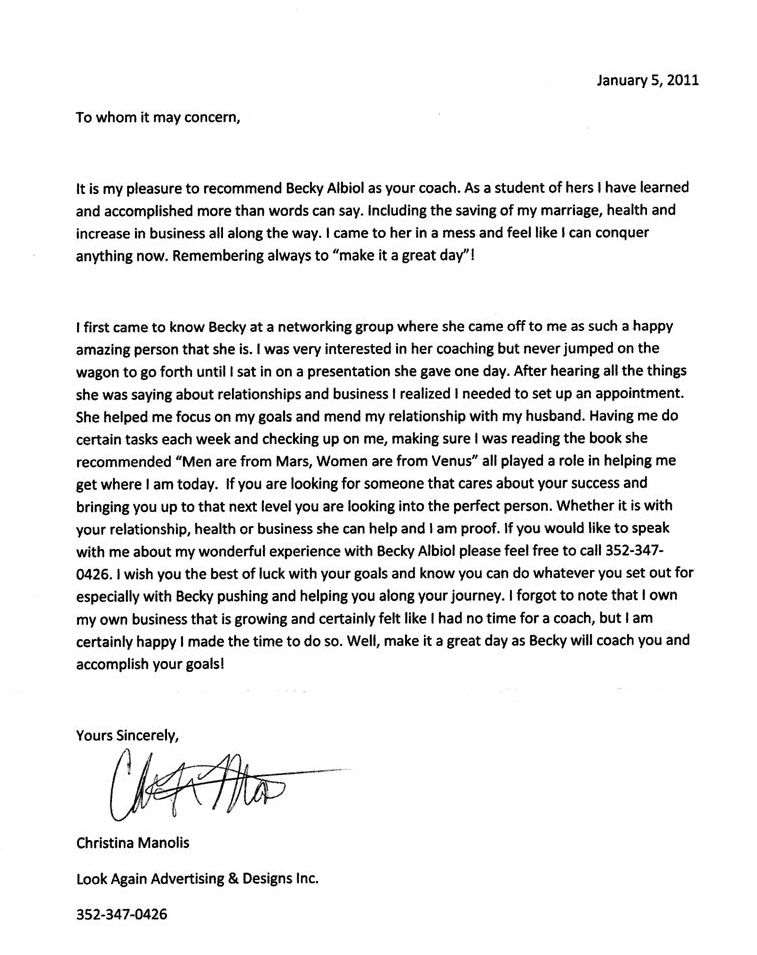Is there a lack of quality men in the dating pool? Women laugh and joke with their friends about this, but sometimes the more books and articles women read while sitting by the pool, the more true this sounds and feels. Why are only 48% of people between 25-55 years old married? Perhaps it’s due to our fast paced lifestyles, on top of technological advances, and our ignorance of the differences in men and women’s physiology in response to stress, communication, diet, and nutrition. The good news is that both emotional intelligence and gender intelligence can be assessed, but more importantly skills can be learned to increase your ability to have successful relationships—both personally and professionally.
Four Areas of Compatibility
We reduce our chances of finding our soul mate, by becoming physical too soon, too often. A soul mate is a person that challenges us in all four areas:
- Intellectual,
- Emotional,
- Spiritual, and
- Physical
It is impossible to know if someone challenges you intellectually, emotionally, and spiritually if you become physical too soon.
Research shows love chemicals are released when you first make love with someone, stimulating the same areas of the brain as a cocaine high. The chemicals responsible for this feeling of falling in love remains in your body for up to 6-12 months after becoming intimate. It is not until 18-24 months into an exclusive dating relationship (when many people get married, and then divorce thinking their relationship has fallen apart, because they got married…) that these chemicals leave your body.
There is no way around time. You need it to assess and see if your partner is compatible with you—your character, values, beliefs, and ability to grow with you throughout life’s events. It feels amazing to have sex, but it’s not always the best way to test if you are meant for someone. Casually dating many people at once gives you time to see who is the most compatible with you.
Get to know men in a variety of situations and with different people for 18-24 months before becoming physical. Historically, people courted with chaperones and spent time getting to know their date to see if they intellectually or emotionally challenged each other before they moved on to petting, holding hands, and being intimate.
Intellectual
Soul mates intellectually fulfill and challenge you. Not only will you need to rely on their skills for things like financial planning for your future, but as you age the physical aspects of a relationship may diminish as you age. What keeps people together is a mutual respect and appreciation of being encouraged to engage and pursue individual passions.
If you have children, much of your time during your child rearing years will be devoted to raising and developing children. This wears you down in a good way, but if there is no intellectual stimulation in your relationship, then you may begin looking elsewhere so you feel more than a milk machine and kisser of boo-boos.
Emotional
Same goes for emotional compatibility. Today we often place unrealistic expectations and unexamined assumptions on men to fill the space of girlfriends, because we have less time to spend connecting in community with other women. We expect our boyfriends or husbands to listen to us as we can hash out our days, because it makes us feel close and connected.
However, men typically communicate with others when they have thought through and have a solution or are solving a problem. This does not mean stop sharing your day with your boyfriend, but what it does come down to is when you are assessing your emotional compatibility you have to look at whether or not you are both emotionally open at the same level.
Ninety-three percent of communication is non-verbal, so when you’re testing compatibility look at how healthy you are together. Yelling, fighting, jealousy, name-calling, or being evasive are destructive behaviors. If you find this in your relationships, then before pursuing a long-term relationship it is best first to learn conflict resolution skills and ways to manage anger so that you are able to speak openly, honestly, and tactfully. All interactions should be ones where you are uplifting each other, not tearing down.
Spiritual
Over the years people’s spirituality grows and changes. In a long-term relationship the question to be asked is whether or not you are growing:
- in a similar direction,
- at a similar intensity/rate, and
- whether or not you’ll be able to allow each other to develop spiritually on both
- an individual level, as well as
- an entire family too.
If you never explore or ask the questions, or just assume you’re on the same page, then you could find yourself years down the road with a great schism running through your marriage. You’ve grown in different directions at different rates. This can lead to mid-life crises, and emptiness.
Physical
Once you’ve spent time growing as individuals while casually dating a few people at once, and you find yourself compatible on an intellectual, emotional, and then spiritual level—then decide to become exclusive and date only one person. If you’ve already become physical, you can always call a moratorium until you find out if you’re good together in the other areas. There’s a risk of bringing children into the equation, which complicates everyone’s growth and maturity. While you are parenting children you may end up parenting each other too. Men tend to jump right back into physical relationships after being hurt from previous ones. Women tend to take time to heal and trust again—and therein lays the dilemma of the current dating scene, and the pressure to perform first before dating around.



